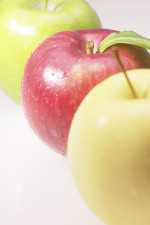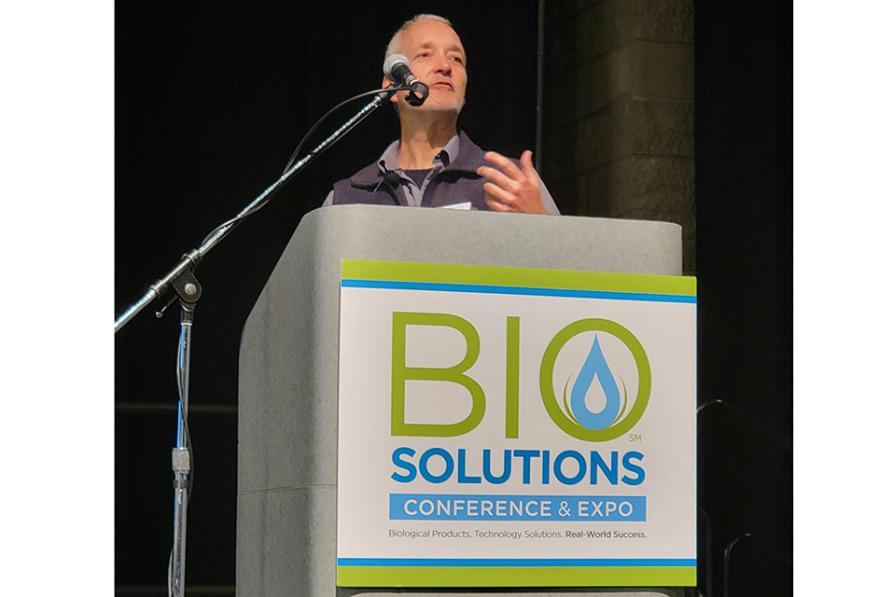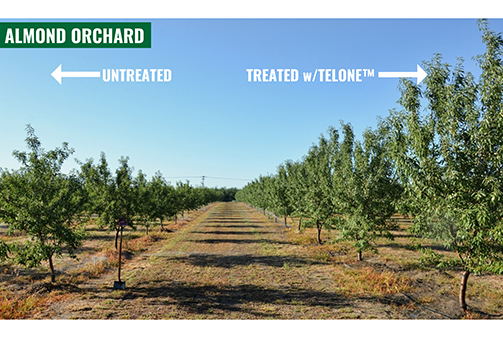Farmer Group Slams “Dirty Dozen” List

The Alliance for Food and Farming is calling on the Environmental Working Group (EWG) to cease publishing its so-called “Dirty Dozen” list. Recent consumer survey results and an analysis by a panel of scientists and nutrition experts released today show EWG’s list and the group’s accompanying statements are negatively impacting consumption and are also undermining health initiatives like the First Lady’s ‘Let’s Move’ campaign. “What makes this worse is that there is a large body of scientific work that clearly shows this group’s list is not scientifically verifiable or valid,” says Marilyn Dolan, executive director of the Alliance for Food and Farming.
The Alliance’s report is titled “Scared Fat: Are Consumers Being Scared Away from Healthy Foods?”
“Ironically, the release of the “Dirty Dozen” list only serves to underscore the findings of the scientific panel about the effects of these negative and misleading safety messages on consumption patterns,” Dolan says.
Among the most concerning consumer research findings is that almost 10% of low income consumers stated that they would reduce consumption of fruits and vegetables after hearing “Dirty Dozen” list messaging taken directly from EWG statements. Another 9% of low income consumers stated they didn’t know what they should do. “Despite continuous statements and repeated government campaign initiatives communicating about the need to eat more fruits and vegetables, EWG messaging results in almost 20% of the low income population considering discounting those nutrition based initiatives and advice,” Dolan says.
Based upon this new information, the Alliance for Food and Farming is calling on the EWG to stop using and promoting their list unless:
• EWG can show that their list and corresponding statements are not discouraging consumption, especially among low income consumers, in a fully transparent manner.
• EWG discontinues their use of contradictory messages. EWG recommends that people eat more conventionally grown fruits and vegetables, while simultaneously making inflammatory statements about these products being “doused in toxic pesticides,” “dirty” and causing “lasting and serious harm to children.” Either EWG believes conventionally grown fruits and vegetables are safe to consume and recommends people eat them or they don’t.
• EWG demonstrates, in a fully transparent manner, the scientific basis for the methodology they use in developing their list.
It should be noted that there are papers that have been published in respected peer reviewed journals that have examined the EWG list and methodology and found them to be unsupportable and unscientific. Last year, the Journal of Toxicology published a paper by Dr. Carl Winter of University of California-Davis. That peer-reviewed paper stated that the Dirty Dozen list is not risked based, the methodology used to create the list does not follow any established scientific procedure,s and that consumer exposures to the pesticide residues found on these produce commodities are several orders of magnitude below levels required to cause any biological effect.
“Decades of nutrition science, numerous toxicology studies, plus the stringent government regulatory systems all support the statements by the Alliance for Food and Farming about the safety of conventional and organically grown fruits and vegetables and the need to consume more of both,” Dolan continues. “And, with this new consumer research, which is supported by past surveys, showing how EWG’s fear-based messaging is negatively impacting consumption, why publish this list at all?”
The Alliance recommends that consumers who may still be concerned about residues on produce simply follow the advice of FDA and wash their fruits and vegetables. “The FDA clearly states that you can reduce and often eliminate any residues that may be present by washing,” Dolan says.
For more information, go to safefruitsandveggies.com.








